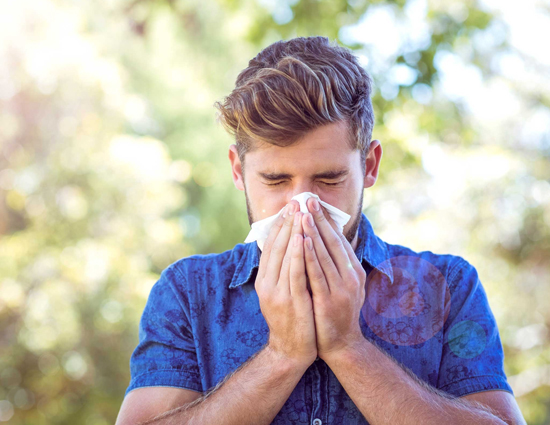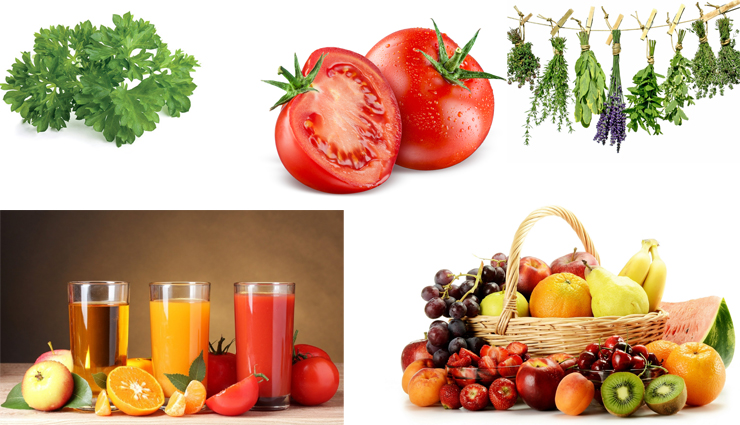Suffering From Allergies, DO NOT Eat These Food


If you are allergic to tree pollens like alder or birch, you may want to avoid parsley; it’s a known cross-reactor meaning it can make your seasonal allergies worse during peak season.
2. Tomatoes
Both rich in histamines and a known cross-reactor with grass pollens, tomatoes can be a bad choice during peak allergy season. If your symptoms seem to be worsening, you may want to consider avoiding tomatoes.
3. Fruits
Certain fruits will instigate the food pollen allergy in allergic rhinitis sufferers. The allergenic response cannot differentiate between a fresh apple and birch pollen in the mouth. Those allergic to ragweed should avoid bananas, melons and zucchini, as these plants harbor food pollens molecularly similar to ragweed. This response is usually mitigated by avoiding these raw fruits during allergic rhinitis season.
4. Herbs, Nuts and Seeds
Ragweed, a common allergen known to allergic rhinitis sufferers, exists in the same plant family as chamomile and echinacea. These two herbs are found in teas, immune system support and herbal supplements. Almonds, hazelnuts and sunflower seeds may trigger an allergic response as well.
5. Cold Food and Beverages
People with allergic rhinitis may also be diagnosed with asthma, or generate asthma-like symptoms during an attack. Extremely cold foods and beverages cause a spasm in the large breathing tube called a bronchospasm. Ice cream, milkshakes, ice slushies and even iced drinks may stimulate a bronchospasm, leading to a coughing fit.